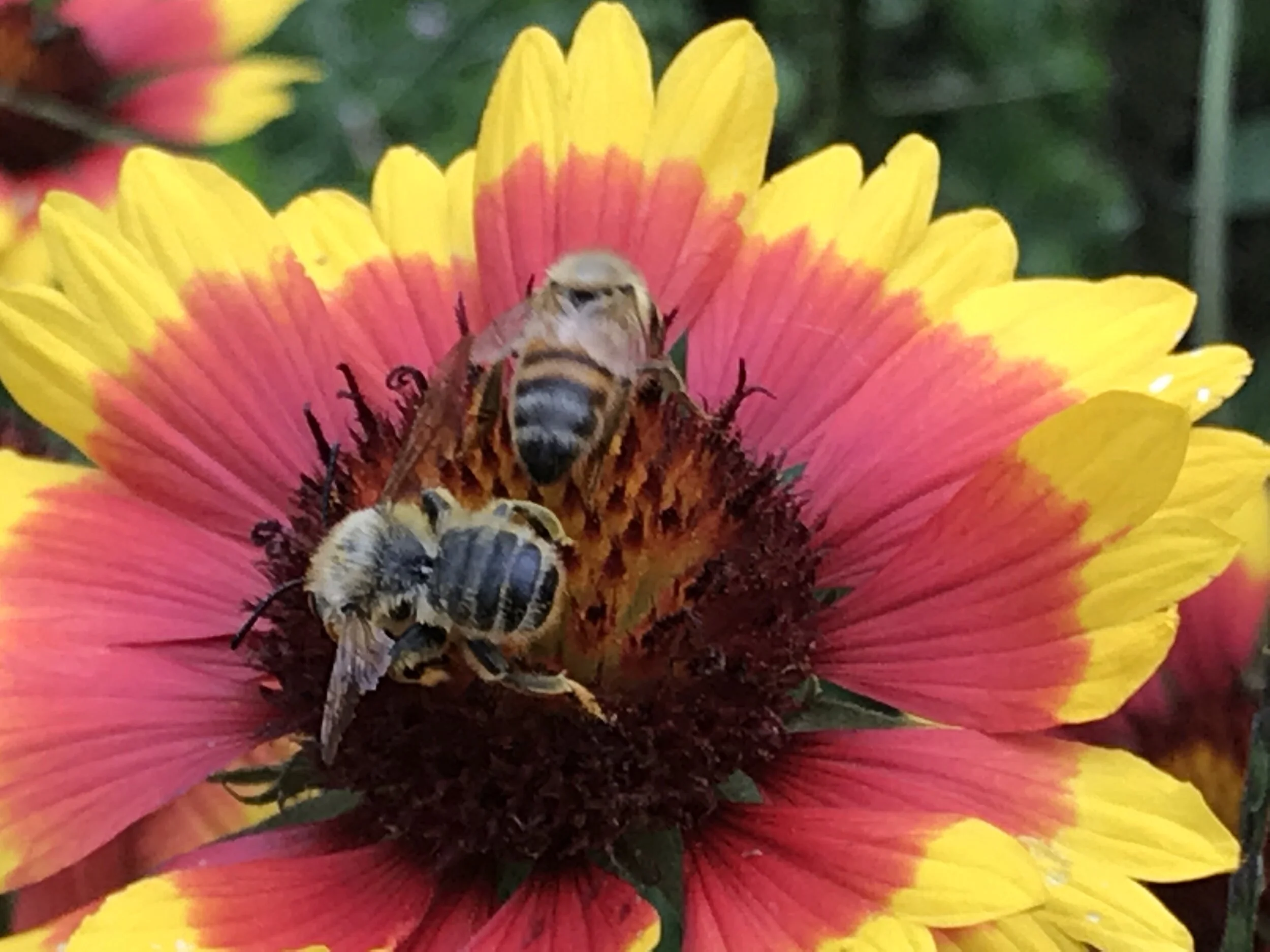Wild everlasting farm & Honey
Founded in 2017 by Fonta and Matthew Molyneaux and nestled against the Cascade Mountains in Dorena, Wild Everlasting Farm has been making a positive impact across their community in regards to pollinators. Whether it is educating the community on the benefits of bees, or creating habitat for native pollinators, the Molyneauxs are doing a lot to help protect species native to Oregon. This is a special place for bees. A place where the relationship between plants, pollinators, and people can be explored.
Crops
Herbs, heritage garlic, nursery plants, honey and other bee products, fruit and livestock
Farmers Markets/Retailers
Farmers market, direct sales, and wholesale
Location
Dorena, Oregon
Established in
2017
Owned by
Fonta and Matthew Molyneaux
The plot pictured contains various herbs and vegetables.
WHAT ARE THEY DOING FOR BEES?
The farm has a very diverse landscape which includes woodland, meadow, riverfront, and dry xeriscape. This diversity helps The Molyneauxs incorporate a variety of methods to help pollinators. Fonta states, “We see pollinators, especially the bees, as the foundation from which all good farming happens.” Their farm provides meaningful forage and nesting habitat for pollinators by design. Basic practices implemented include planting pollinator-friendly raised flower beds, creating habitat by leaving fields small, planting cover crops, and not using chemicals for pest control. By practicing biodynamic land management practices, they have been able to extend the blooming period within the season. Additionally, they remediate their soil health through heavy cover cropping with bee centric cover crops like clover, lacy Phacelia, and buckwheat. Matt mentions, “So much of what we do is preventive. Keeping those ecosystems intact and practicing biodynamic farming is so important to address any probelms on the farm.”
Many people think “What can bees do for us?” However, we ask, “What can we do for them?”
They have recently planted several hundred fruit trees which will bring large amounts of forage to pollinators. In the next few years Matthew plans on planting more berry plants to increase biodiversity as well as forage. The farm also helps bees by allowing lands not used for farming to once again become wild. For example, they have replanted trees in an area that was harvested in 1992 and they maintain natural riparian buffers along the farms river frontage. Fonta states “Because native bees are so specialized, if we lose one of them we could lose an entire plant community that is dependent on these pollinators.”
Matthew checking soil for insects in his fields.
meet the farmers
The Molyneaux family has been farming since 2007. Starting on a small five-acre farm, they recently moved to their current 30-acre farm in 2017. Today, Fonta enjoys teaching people how to work with pollinators for the mutual benefit of all. Her husband Matthew has recently taken an interest in grafting trees such as apples and pears. Overall, the Molyneaux want their farm to be a place where people interested in bees or agriculture can come to learn and grow. Fonta runs a beekeeping school at the community center in Cottage Grove. Here, she has the ability to teach other interested people how to provide forage and habitat for pollinators. She also brings the class to the farm, where students can get hands-on experience with pollinators. “When I first started teaching the classes most people thought they were all yellowjackets. But once you point out to them that they are bees they also become avid bee watchers. After the classes, they’ll come to our booth at the farmers market and update use weekly on what they’ve seen.” In the future they hope to build a small school on their property to allow for larger classes.
The Molyneaux family.





